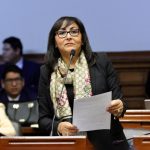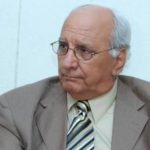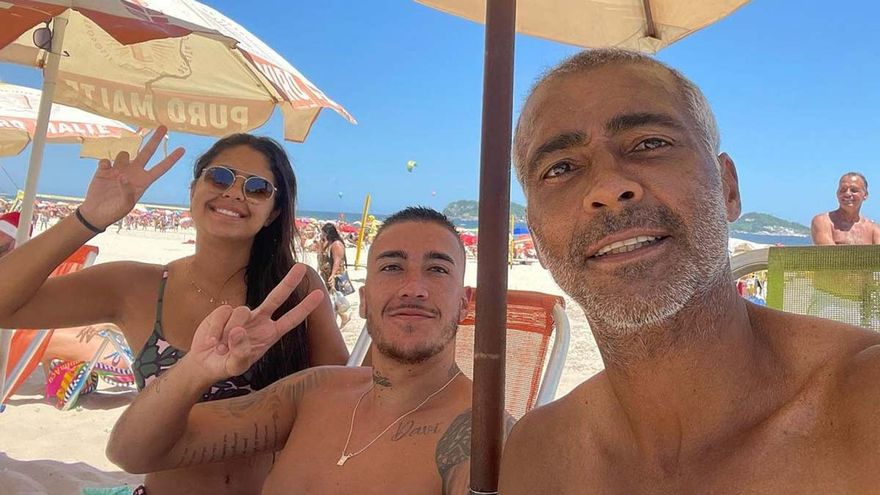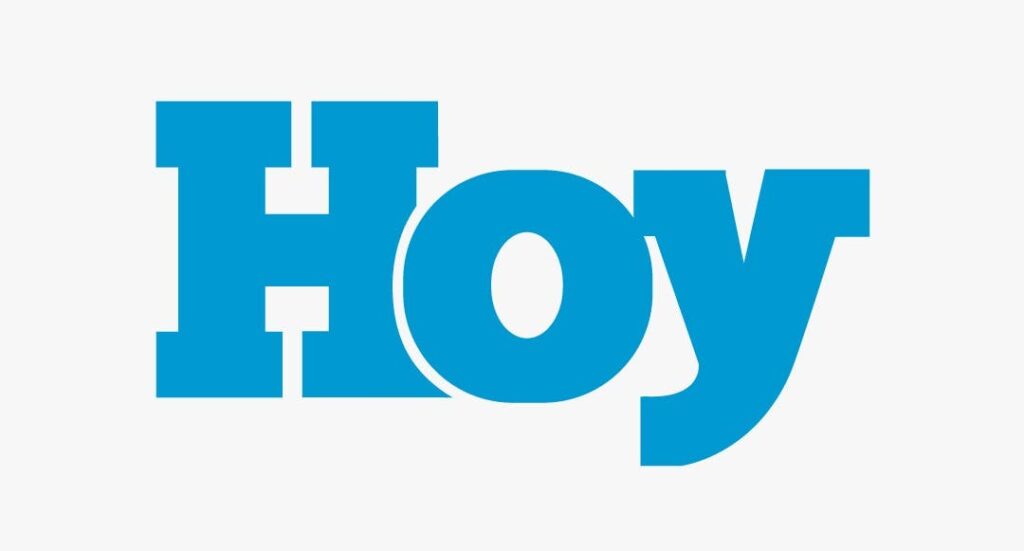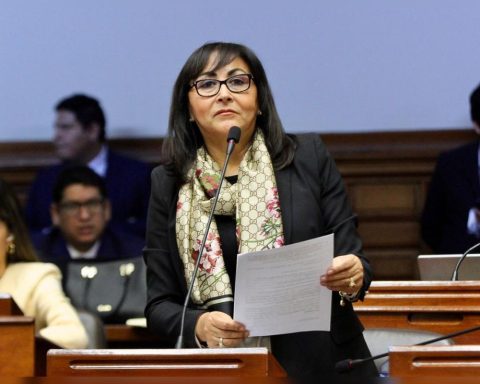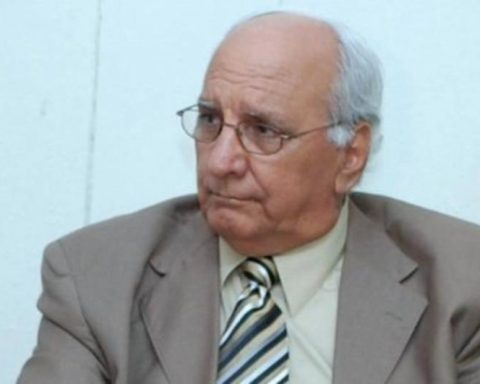The turn of the year is always a good opportunity to take stock, draw conclusions and pass the line.
Various events marked the political agenda in 2021. The government had to face the worst version of a virus that spread with force and left social, economic and health consequences in its wake, but it also placed hope in vaccination to regain part of the normality that was known before March 13, 2020. And, in part, it succeeded.
The fall of some ministers, the controversy around Katoen Natie and the debate on the forest law were other issues that defined the course of the political discussion.
The worst of the pandemic
Nicolás Aguilera / AFP
Covid-19 was, once again, one of the main challenges of 2021.
The look of “responsible freedom” and the opposite with the accusations of “avoidable deaths” were repeated over and over again in the second quarter of the year when the covid-19 showed its worst face and left the health system on the brink of collapse.
All the numbers skyrocketed. New cases, deaths and hospitalized at CTI jumped to figures well above those of 2020, and left behind was the control of the epidemiological situation for which the government had aroused the worldwide praise of being “a success story.”
97% of deaths with coronavirus occurred in 2021, and the vast majority of deaths occurred between April and June. The ICUs were around 85% occupied on the most critical days and almost two-thirds were occupied, at that time, by patients infected with the virus that emerged in Wuhan.
The government, which first formed and supported the GACH, later clashed with experts for not following some of their recommendations, particularly that of proposing a new “stay at home”, so as not to generate a drastic shutdown in economic and social activities. Meanwhile, he bet on vaccination.
Vaccination

Diego battiste
Vaccination made it possible to control the advance of the pandemic.
Although the worst of the pandemic had not yet arrived, on March 1 it began the inoculation campaign against covid-19 which, finally, was responsible for the fact that around the middle of the year the recovery of a life more like the “old normal”.
The beginning was marked by the vaccination of education personnel, police, military and firefighters with the doses of Sinovac; and the health personnel, then, with the Pfizer injections. The list followed different groups according to an order of priority established by the health authorities, and included adolescents between 12 and 17 years old in June, and in November, the announcement of the inoculation of children between five and eleven that will begin in january.
The government bet on agreements with the Pfizer laboratory to also administer booster doses, and the high adherence to vaccination marked a turn in a health situation that was back under control, which allowed the return to presence in education, the opening of borders, the successive relaxation of protocols. The most symbolic event was the completion of the Conmebol finals in Montevideo, which mobilized thousands of tourists.
Katoen natie

Leonardo Carreño
The agreement for the port was harshly questioned in the opposition.
Through a resolution published in April, the government authorized to extend until 2081 the concession of the specialized container terminal to the Belgian company Katoen NatieBut the debate over the timing and appropriateness of the decision was far from ending there.
The Broad Front pointed out that it was an unconstitutional, illegal and inconvenient agreement for the country. “It establishes a monopoly for a private company without the support of any type of law,” said Senator Charles Carrera (MPP), who added that the initiative violated the law in defense of competition, the law of concessions and ports law, which enabled the presence of several operators in the main port terminal of the country.
The opposition appealed to Luis Alberto Heber (then Minister of the Interior, but who was in Transport and Public Works when the resolution was signed) and the hierarch defended the ruling party, ensuring that the port had been “Unable” to compete with others, so it was necessary to make it more competitive.
The death of Larrañaga

Ines Guimaraens
President Lacalle Pou at Jorge Larrañaga’s wake.
On the afternoon of May 22, the government received a hard emotional and political blow with the death of Jorge Larrañaga. At the age of 64 and as a result of a heart attack, his death meant the loss of a benchmark for the ruling party and in particular for the National Party.
But, in addition, it marked the change of tone of a management that had been praised in the Ministry of the Interior, the one that the former minister himself had defined as “a barrel of gunpowder that everyone approaches with a lighter.”
The deceased leader was described at that time by Lacalle Pou as a “bastion” in several respects and a “defender of the laws”, whom he praised for his ability to fight and overcome political circumstances. “He was at his best,” said the president at the exit of the wake.
Instead of Larrañaga, Heber took over as Minister of the Interior and, although he announced “continuity”, he marked “a different personal imprint.”
The signatures against the LUC

Leonardo Carreño
The signatures were presented on July 8 before the Electoral Court.
One day before the one year mark of the promulgation of the Urgent Consideration Law (LUC), the news came from large-scale stores and was associated with the possibility of repealing 135 of the 457 articles of the Lacalle Pou administration’s flagship regulation. .
That July 8, the opposition celebrated with a caravan the collection of 797,261 signatures to enable a referendum instance. After his presentation to the Electoral Court that same afternoon amid chants of “if this is not the town, the town where it is,” began a validation process that was finally ratified by the governing body of the elections on December 8 .
The instance, which will take place on March 27 of next year it will give signals to both the government and the opposition.
The fall of Cardoso

Leonardo Carreño
Cardoso ceased to be the Minister of Tourism on August 20.
August 20, the then Minister of Tourism, Germán Cardoso, resigned from his position involved in a series of controversies and cross accusations with who was the number three of the ministry, Martín Pérez Banchero. The former national director of Tourism had been fired days before after refusing to sign direct purchases in advertising because “he did not agree, neither in substance nor in form.”
In the investigative commission that was installed weeks later, Pérez Banchero said that direct hires were “practically all” and that they were resolved in a “Marketing committee” composed of the minister, the undersecretary and an advisor.
Cardoso then assumed his seat in the Deputies, something that was questioned by the opposition, who asked him to resign more than once.
Bilateral ties and FTA on the horizon

Presidency
Lacalle Pou in a meeting by videoconference with Mercosur partners.
Travel to other countries is part of the normal agenda of a first president, but Lacalle Pou left Uruguayan territory in his capacity as president only eleven months after taking office, when he traveled to Brazil in February to meet with Jair Bolsonaro.
Then he led another five official trips: to Argentina (meeting with Alberto Fernández), Mexico (Celac summit), New York (United Nations assembly), Qatar (with several trips) and to the Congo (where he spent Christmas with the blue cases).
But a full stop has to do with the link with Mercosur, to which the President of the Republic insisted on several occasions to “make it more flexible”, which did not have much room in the partners and generated a progressive isolation within the bloc.
In March, Lacalle Pou stated that Mercosur could not be “a burden” and the Argentine president replied: “If we are a burden, let them take another ship, but we are nobody’s burden,” said Fernández, visibly upset.
In essence, what Uruguay wanted and continues to seek is to achieve an explicit “honesty” of the rules that will enable it to negotiate with third parties at its own pace, although under the argument that there is “no legal impediment” to doing so, embarked on negotiations with China to reach a free trade agreement (FTA). Last week, Lacalle Pou acknowledged in an interview with Telenoche, in turn, that the government is also working on an FTA with Turkey.
The forest law and the first veto

Camilo dos Santos
The vote on the forestry law, on December 15.
The project to reform the forest law and limit forest planting to lands defined as “priority” stressed the coalition before, during and after its approval in the Senate on December 15.
The following day, Lacalle Pou used his veto power for the first time since he assumed the presidency, and overturned the approved norm using legal and “opportune” reasons. Hours earlier, Guido Manini Ríos had met with the president in the Executive Tower to try to convince him why the veto was a “huge mistake,” as he described it.
On Wednesday, the General Assembly lifted the recess and met to discuss the objections, but the veto remained firm.






